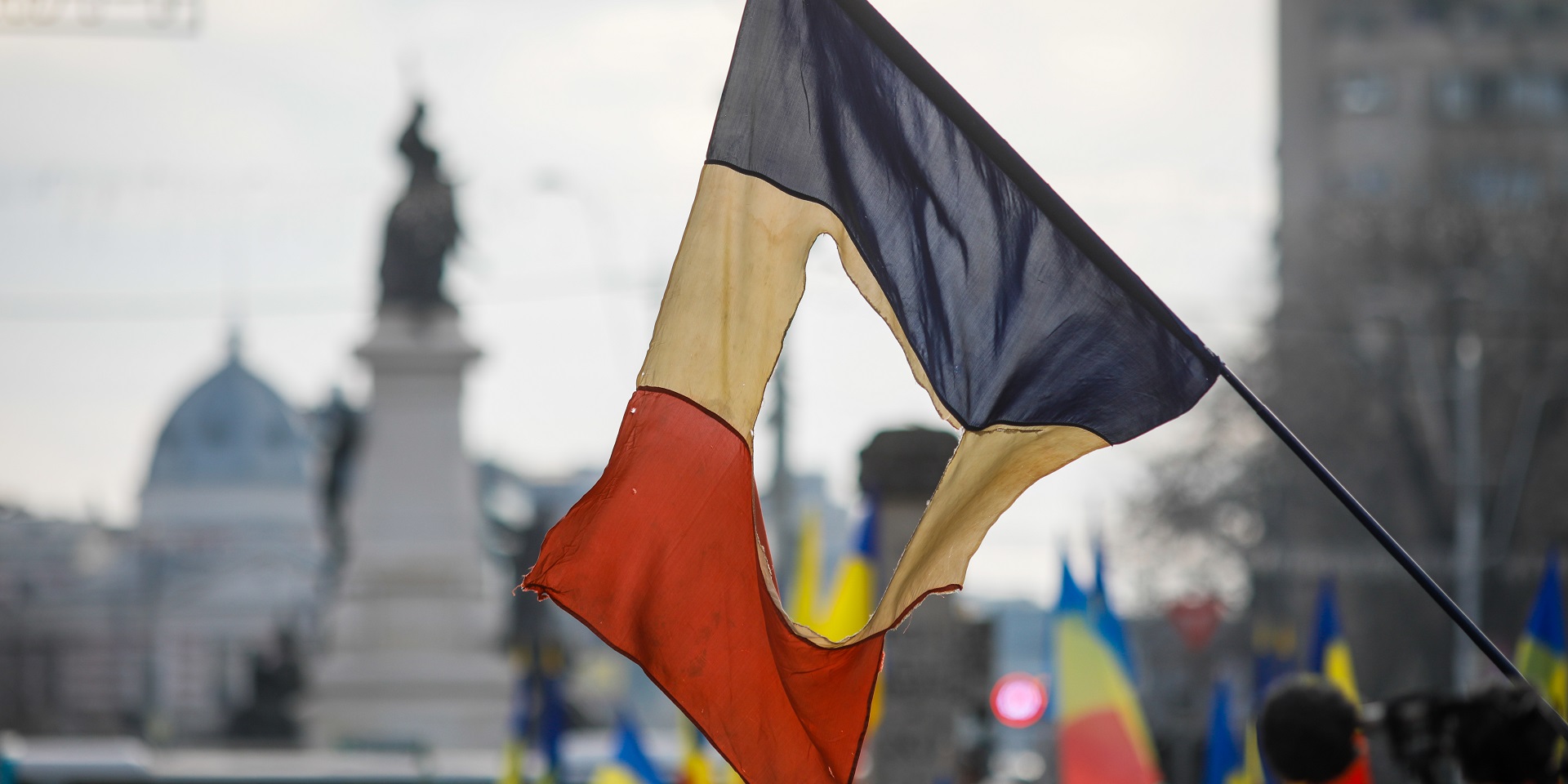The year 1989 changed not only the countries of the former communist bloc but also the world. From a geopolitical, economic, cultural, and religious standpoint, 1989 was a watershed year that changed the meaning of international relations, with direct effects on all areas of life.
It is true that from the perspective of history, three decades mean very little, but from the perspective of memory and life, 30 years mean enough for us to want to draw some conclusions. How real is the feeling that history is accelerating its flow? Where are we now, and especially where are we going?
The present writes history
In 2009, former French president, Nicolas Sarkozy, posted a photo of himself near the Berlin Wall on his Facebook page, a photo which he claimed was taken on the night the Wall was torn down. Later, the photographer who captured the moment corrected him, reminding him that the photo had actually been taken the next day, on November 10th.
Sarkozy’s case can be an indication that the intense experience of an event and especially its consequences can alter the memory. Whatever the truth in this case, the reality is that memory often works selectively.
Often, history has more to do with the present than with the past. Because we are immersed in the great themes and interpretations that the present demands, most of us tend to simplify the historical narrative because the great stories have no confusing or divergent details, do they? Passive, the memory becomes selective and subtly connects fragments of the event, giving us a history that is easier to understand. For those who want to understand history well, the present is not the best key to interpretation.
The future rewrites history
After 1989, many claimed that before the fall of communism there were signs that something was going to happen. Indeed, in retrospect, the signs of a process can be identified, especially those from the period closely preceding the historical moment. However, the great moments that made history, which could later be easily explained as the culmination of some processes, could not be predicted with certainty.
The course of events is inevitable only in the very short term. In general, however, when looking at events that make history, it is important to keep in mind that history could be written in an infinite number of alternative ways. Although beneficial and necessary, the assessment of historical moments in the light of subsequent events will always involve the risk of giving the past a meaning that may never have really belonged to it.
The Bible circumscribes history
In an approach essentially different to that of occult prophecies, the Bible provides some general guidelines on what shapes and determines history. With a few notable exceptions, these benchmarks are not specific enough for anyone to make accurate historical predictions. Instead, the Bible shows the long-term direction of world history, less in the political and historical sense, and more in the human and spiritual sense.
The Bible has something to say about history only when it is related to the spiritual implications for the world. And precisely because it is not interested in the entirety of history, the Bible manages to provide the key to interpreting the past and the future: behind history lies the “holy history” of the relationship between God and mankind—past, present, and future. This is the key to understanding for those whose questions transcend the temporal limits of history and refer to its meaning.
The present and the future can best be understood in the light of the interaction between God and mankind. Such a transposition from the secular to the sacred has the gift of revealing both the mysteries of human nature and, within the limits of revelation, those of the present and future will of God.
When the anticipated amorphous future becomes a definite present, it is worth considering the elements on which the Bible has already shed a special light. In this way history becomes more than a reflection of chance that has associated certain circumstances to the detriment of others. It becomes an expression of the factual dialogue between God and people, with its failures and successes. And the greatest achievement of such a perspective is that it helps us to see that history has not only a direction but a meaning.
Norel Iacob is the editor-in-chief of Signs of the Times Romania and ST Network magazines.



















